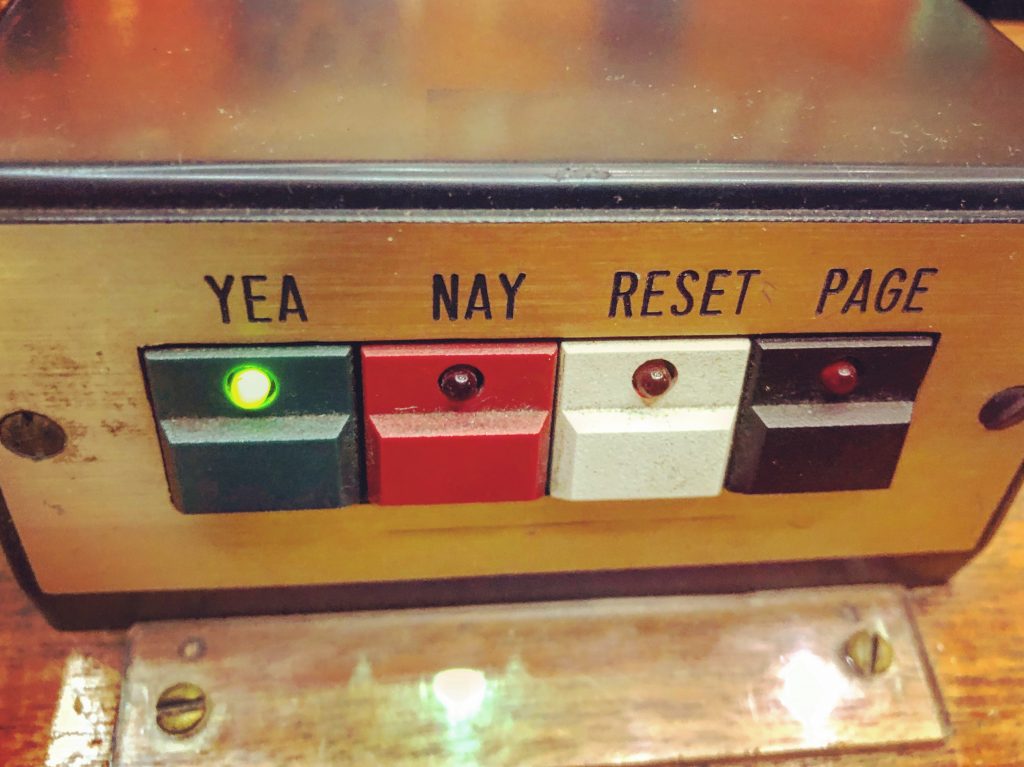
LAWS
In addition to the many bills that pertain to specific towns (home rules) or individuals (for e.g. sick banks), here is a list of some of the session’s achievements – bills that were passed into laws:
Title X Funding, in the FY19 supplemental budget, we made $8 million available to women’s reproductive health organizations in Massachusetts to offset the loss of federal funding due to the Trump Administration’s changes to the Title X program (known as the “gag order”). This supplemental budget also included additional funds to support low income heating assistance to make up for the loss of federal funds in this critical program for so many of our neighbors.
(signed into law by Governor on March 29, 2019)
Gay Conversion Therapy Ban, prohibited practices that attempt to change a minor’s sexual orientation or gender identity
(signed into law by Governor on April 8, 2019)
Lift the Cap on Kids, eliminated a decades-old cap on how much a family could receive in public assistance, specifically not covering additional children.
(OVERRIDE: passed over Governor Baker’s veto on April 25, 2019)
Chapter 90, provided $200 million in funding to help municipalities complete road, bridge, and infrastructure improvement projects
(signed into law by Governor on June 6, 2019).
FY 2020 Budget, made significant investments in education, substance use services, housing, health care, legal services, immigrant services, among many others.
Also included were two of my amendments to support the Amherst-Pelham CCE project and to support the Musante Health Center outreach efforts. In addition, the budget included funds for Craigs Doors, a homeless shelter in Amherst.
(signed into law by Governor on July 31, 2019).
Janus, protected public sector employees’ right to bargain collectively and the ability of unions to represent these rights following the U.S. Supreme Court’s Janus decision
(OVERRIDE: passed by the General Court over Governor Baker’s veto on September 19, 2019).
Higher Education Transparency and Financial Stability, enabled the Department of Higher Education to monitor the fiscal health of private colleges and universities in Massachusetts in order to provide fiscal transparency and security to students and their families. The bill includes four words that I am the proud author of: “host communities”, “staff” and “faculty” as additional stakeholders who need to be kept in the loop should a college be in fiscal trouble or face imminent closure.
(signed into law by Governor on November 14, 2019).
Flavored Tobacco/Nicotine Ban, prohibited all flavored tobacco/nicotine products (traditional combustibles and e-cigarettes) and taxed vaping products in an effort to prevent the marketing of these products to youth and ultimately to prevent youth use. Taxes collected will be directed to prevention services.
(signed into law by Governor on November 27, 2019)
Hands Free Driving, restricted drivers from using hand-held electronic devices in vehicles unless they are hands-free.(signed into law by Governor on November 25, 2019)
Student Opportunity Act, provided a historic and revolutionary change in the Chapter 70 education funding formula for K-12 in Massachusetts. It will allocate $1.5 billion over the next 7 years for the K-12 public education system, ensuring schools have the resources to provide a quality education to students across the Commonwealth, regardless of zip code or income level.
This law includes my amendment that requires charter schools to be subject to the same accountability as required by district schools.
(signed into law by Governor on November 26, 2019).
Children’s Health and Wellness, secured health care benefits for youth ageing out of foster care, required insurance companies to update their provider directories and maintain accurate listings to facilitate access, and focused on children with complex medical needs.
(signed into law by Governor on November 26, 2019)
Campaign Finance Reform, changed campaign reporting requirements to require state level officials and legislators to file campaign finance reports more frequently (and automatically via their bank accounts), in the same fashion as local officials.
(signed into law by Governor on November 26, 2019).
ADVANCING
Amending the Massachusetts (state) Constitution is a lengthy process, requiring the House and Senate to pass legislation several times in concurrent sessions. The following bill has been approved by both the House and the Senate in 2019. It must still be passed by the next General Court in the 2021 session, and then passed by Massachusetts voters at the ballot box in 2022 in order to become law.
Fair Share Amendment, seeks to amend the Massachusetts Constitution to place an additional 4% tax on annual taxable income in excess of $1 million.
PROGRESS
Though the two branches (House and Senate) operate independently, in order for a bill to become a law both Chambers need to agree on and pass identical legislation. This can be a lengthy process. Here are some of the bills that passed in the House in 2019, and currently await action from the Senate.
Greenworks, invests $1.3 billion to help cities and towns across Massachusetts fund infrastructure projects aimed at climate change adaptation and reducing greenhouse gas emissions, includes additional support for electric vehicle infrastructure (passed by the House on July 24, 2019; awaiting action by the Senate).
Women’s Rights History Trail, establishes a commission to establish such a trail across the Commonwealth (passed by the House on September 18, 2019 awaits action by the Senate).
Veterans Mental Health Care, improves mental health care for student veterans (passed by the House on November 6, 2019; awaiting further action by the Senate).
Breakfast After the Bell, ensures that every hungry child in MA schools gets free breakfast in their classroom with their peers. (passed by the House on November 20, 2019, awaits action by the Senate).
